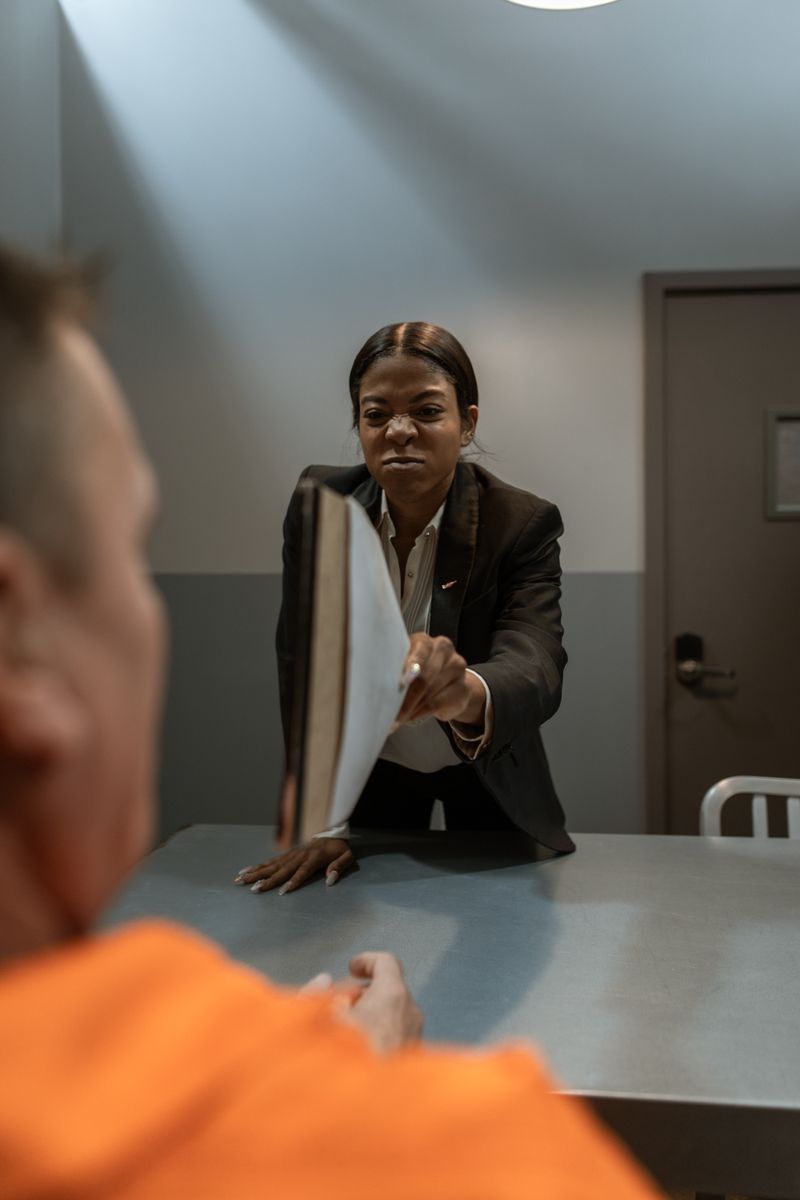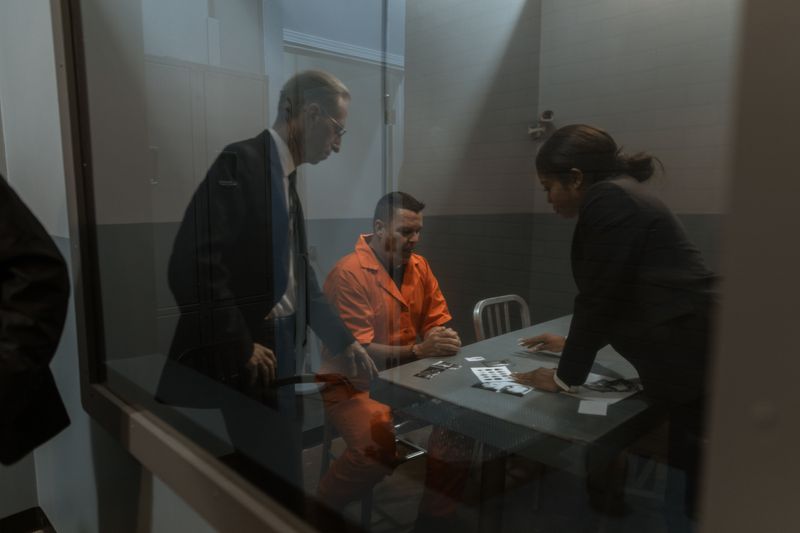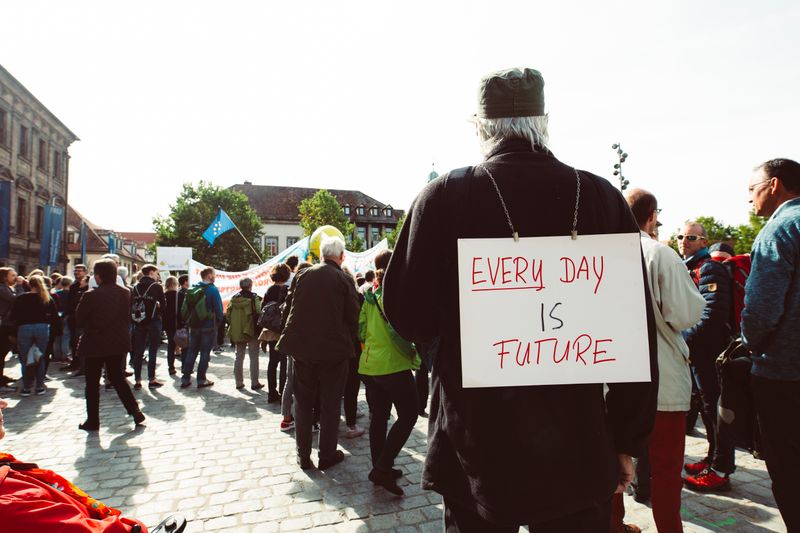Harrowing Case of Lucie Blackman: A Tragic True Story
Introduction
The devastating true story of Lucie Blackman, a 21-year-old woman who went missing in Tokyo in July 2000, is explored in a new Netflix documentary titled “Missing: The Lucie Blackman Case.” Lucie had moved to Tokyo with her friend Louise Phillips to work and travel around Asia. However, just a few weeks after her departure, Lucie disappeared under mysterious circumstances, setting off an international investigation that would ultimately lead to her tragic demise.
Initial Concerns and Frustration
When Lucie’s father, Tim Blackman, received a call from Louise expressing her concerns about Lucie’s disappearance, he initially couldn’t believe it. Hoping for a rational explanation, Tim held onto the belief that there was a simple reason behind Lucie’s lack of communication. However, as the days turned into weeks without any word from Lucie, Tim’s hope gave way to blind panic.
Lucie had been working as a hostess at a bar in Tokyo‘s Roppongi district and was last seen leaving the bar for a date with a man. Louise became worried when Lucie failed to make contact after the date. Her worries turned into alarm when she received a call from a stranger claiming that Lucie had joined a cult and would never be seen again. It was at this point that Louise decided to reach out to Lucie’s family and share her fears.
The Desperate Search for Lucie
Upon hearing about Lucie’s disappearance, the Blackman family immediately flew to Tokyo, where Tim held a press conference in an attempt to gather information about his daughter’s whereabouts. Thousands of missing person posters were plastered across Tokyo, and a substantial reward was offered for any information leading to Lucie’s safe return. Even then-Prime Minister Tony Blair got involved in the case, promising to raise the issue with his Japanese counterpart.
Despite the extensive search efforts, months went by without any concrete leads. The situation took a macabre turn when a fake letter, supposedly from Lucie herself, was sent to the police in an attempt to halt the investigation. The letter claimed that Lucie wanted to be left alone and was willingly avoiding contact.
The Discovery and the Search for Justice
After seven agonizing months, detectives using sniffer dogs and ground-imaging radar discovered Lucie’s remains on February 9, 2001. Her dismembered body was found in a seafront cave close to the home of Joji Obara, a Japanese-Korean businessman who had become the lead suspect in Lucie’s disappearance. Her head was encased in concrete, a horrifying detail that highlighted the brutality of her murder.
In April 2002, Obara was arrested and charged with abduction, rape resulting in death, and the disposal of Lucie’s body. He was also charged with the rape of eight other women and the murder of an Australian backpacker named Carita Ridgway in 1992. The court case, which lasted five years, finally ended in a verdict in 2007. Obara was found guilty of multiple rapes and the rape resulting in death of Ridgway but was acquitted of Lucie’s rape and murder due to a lack of forensic evidence.
The Blackman family was devastated by the verdict, with Lucie’s mother, Jane Steare, expressing her heartbreak and disbelief. Lucie’s father, Tim, felt that his daughter had been robbed of justice. However, in 2008, prosecutors launched an appeal, and the Tokyo High Court ruled that Obara was guilty of abduction, dismemberment, and the disposal of Lucie’s body. Obara remains in prison to this day, serving his sentence for the crimes he committed.
Editorial: Seeking Justice in the Face of Tragedy
The harrowing case of Lucie Blackman highlights the challenges faced by individuals and families when seeking justice in cases of violent crime. The journey to find the truth and bring the perpetrators to justice can be long and arduous, filled with pain, frustration, and, in some cases, moments of hope that can ultimately be shattered.
In Lucie’s case, the lack of forensic evidence proved to be a significant obstacle to securing a conviction for her murder. While Obara may have been found guilty of other crimes, the acquittal in Lucie’s case left her family feeling a deep sense of injustice. The tragedy of Lucie’s murder serves as a stark reminder of the limitations of the legal system and forensic science.
Philosophical Discussion: Justice, Closure, and the Human Experience
The pursuit of justice can be seen as a human need to find closure and meaning in the face of tragedy. The desire for justice is rooted in the notion that those who commit heinous acts should be held accountable and that victims and their families deserve some form of resolution. The complexities of addressing crime and delivering justice, however, often present challenging ethical and logistical dilemmas.
Lucie’s case raises philosophical questions about the nature of justice and our collective responsibility to seek it. Can justice truly be achieved if the legal system fails to provide a conviction? Is closure possible when the truth remains opaque and the pain of loss persists? These questions speak to the human experience of grappling with tragedy and our universal longing for justice and resolution.
Advice: Supporting Victims and Their Families
In the face of tragedy, it is crucial to support victims and their families throughout the pursuit of justice. Empathy, understanding, and patience are essential in helping those impacted navigate the complexities of the legal system and cope with the emotional toll of their circumstances. It is also important to recognize the limitations of the legal process and to work towards systemic improvements that can enhance its effectiveness and address the challenges faced by victims and their families.
Furthermore, society must recognize the importance of a comprehensive approach to justice that goes beyond legal proceedings. This includes providing mental health support, counseling, and advocacy services for victims and their families, as well as engaging in broader discussions about preventing violence and addressing the root causes of crime.
Conclusion
The tragic case of Lucie Blackman serves as a stark reminder of the anguish experienced by victims and their families in the face of violent crime. The harrowing details of Lucie’s murder, the complexities of the investigation, and the pursuit of justice underscore the need for a compassionate and comprehensive approach to supporting victims and their families.
As we reflect on this devastating story, we are reminded of the importance of holding those responsible for violent crimes accountable. We must also acknowledge the limitations of the legal system and the challenges it poses in delivering justice. Ultimately, society must strive to create a more just and compassionate world, where victims and their families find solace and support in the aftermath of tragedy.

<< photo by RDNE Stock project >>
The image is for illustrative purposes only and does not depict the actual situation.
You might want to read !
- “Super Striker Paul Mullin Sidelined: A Setback for ‘Welcome to Wrexham’ Ambitions”
- The Battle Down Under: Newcastle vs Chelsea – Team Sheets
- A Draw in the Battle: USA vs Netherlands Women’s World Cup 2023 – Live Coverage
- “The Lucie Blackman Case: Unearthing Tokyo’s Notorious Crime File”
- True crime and the mysterious case: Investigators scour Las Vegas property in search for answers in Tupac Shakur’s homicide
- Rex Heuermann: Unveiling the Secrets of the Gilgo Beach Suspect
- Julia Gillard’s former partner Tim Mathieson to admit guilt in sex assault case
- “Thrilling Showdown: Real Madrid vs Manchester United Ends in High-Stakes Draw, Jude Bellingham Shines”
- Billionaire Joe Lewis Faces Insider Trading Charges: A Hit to Tottenham Hotspur’s Reputation
- Australian Politics Exposed: Tim Mathieson Set to Plead Guilty in Shocking Twist
- UFO Whistleblower’s Shocking Revelation: Explosive Claims of Alien Encounters
- “Lindsey Horan Shines as USA Takes On Netherlands: Score, Updates, and Highlights”
- Matildas vs Super Falcons: The Battle for Women’s World Cup Glory in 2023
- “Spurs billionaire Joe Lewis denies charges of securities fraud in gripping legal battle”
- Tim Mathieson, former partner of Julia Gillard, to plead guilty to historical tax evasion charges: A look at the implications for his personal and political reputation
- “Goal Bonanza Unleashed: Arsenal vs FC Barcelona LIVE – Second Half Kickoff Sparks Scoring Frenzy”
- “Mollie O’Callaghan’s Spectacular Triumph in World Record Swim Surpasses Ariarne Titmus”
- “The Electric Puncher: Naoya Inoue’s Historic Triumph as Four-Division World Champion”




